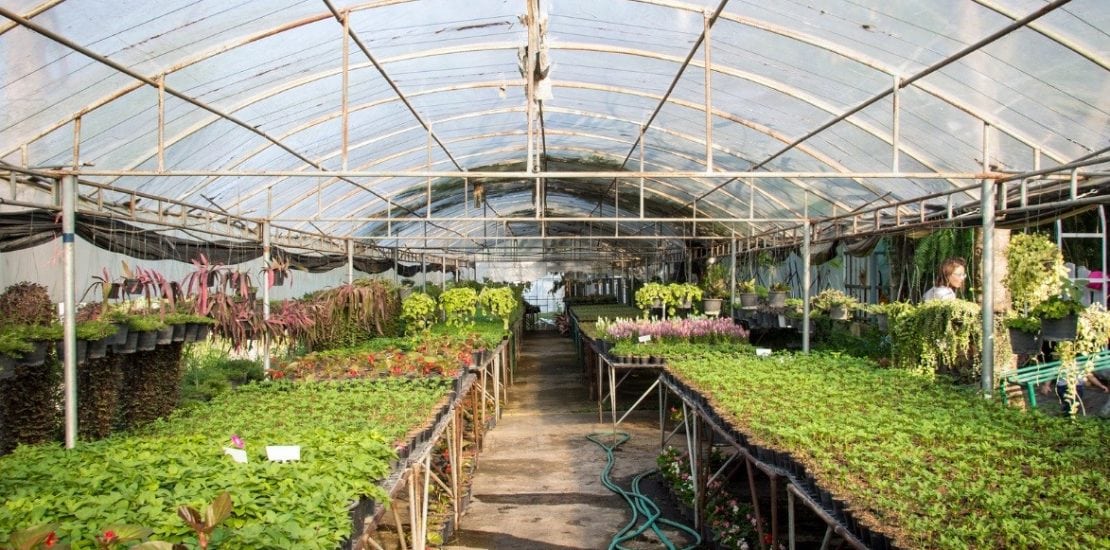- October 4, 2016
- Posted by: Container Domes
- Category: Info Articles

It’s not surprising to see farms using agricultural chemicals, such as solvents, fuels, herbicides, insecticides, and fungicides, among many others. These chemicals are actually beneficial in maintaining the health of crops and are vital in the production of high-quality produce.
The use of chemicals in farms, though commonplace, pose health risks to farmers. Both direct and indirect exposure to these vehicles can lead to a variety of health effects, including headaches, burns, and even nervous system disorders. Farm owners have the responsibility to ensure that their farmers won’t suffer from these adverse effects, and should consider the use of a container dome as a storage area for chemicals.
Learning about the Chemicals
As mandated by law, all hazardous materials must include a Material Safety Data Sheet and label. Checking a product’s MSDS is of vital importance, as it provides valuable information as to how to safely handle the chemical. It also contains the registered use of the chemical, along with its possible health effects.
It’s also important that owners and other individuals handling these chemicals take a chemical users course. At times, however, farm owners aren’t compelled to use hazardous chemicals, especially since these can be replaced with less toxic options or safer forms. For instance, owners may opt for pellets instead of powder.
Using the Chemicals Safely
Once it’s time to put these chemicals in use, owners must make sure that those handling the chemicals will follow the manufacturer’s instructions to the letter. They must also wear protective clothing, including chemical-resistant gloves and overalls and appropriate P2 facemasks. If these chemicals are to be mixed, it must only be done in a well-ventilated room.
Proper Storage
As a general rule, agricultural chemicals must be stored away from children, unauthorised people, and animals, and must be in accordance to ‘The Storage and Handling of Agricultural and Veterinary Chemicals’. If possible, maintain a list of all the chemicals kept in storage, and all MSDS placed in a register nearby for easy access.
Liquid chemicals mustn’t be stored above solids, and different classes should be separated to prevent any reactions. Mop-up materials, like sand or soil, must always be on hand, and ignition sources must be well away from chemicals. Also, animal feeds, seeds, and fertilisers must be stored separately from these chemicals.
More importantly, these chemicals must be placed in a cool and well-ventilated area, away from direct sunlight. A shed dome meets this requirement, and could be the ideal place for storage of agricultural chemicals.
Sources:
Storage, Agriculture Victoria
Farm safety and handling agrichemicals, Better Health Channel
